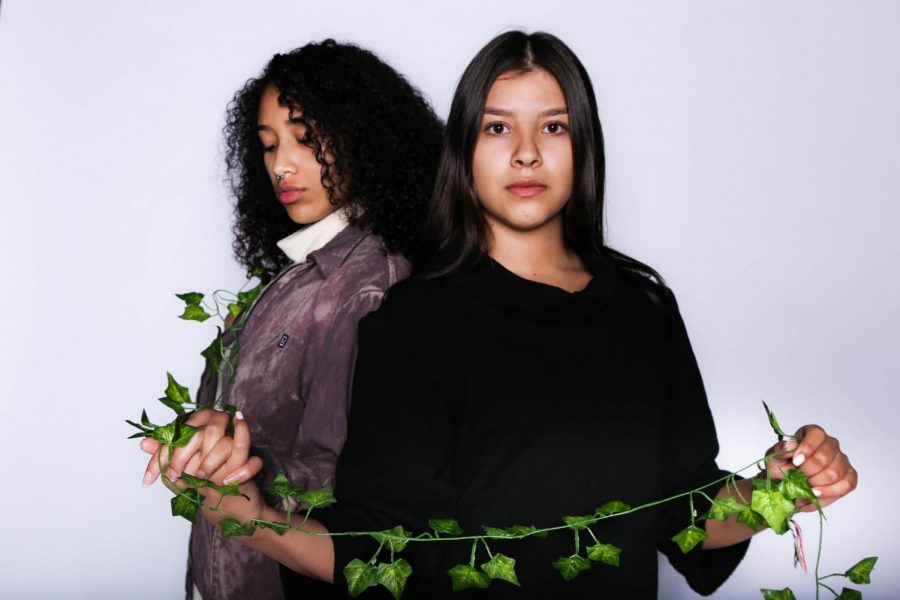Organism: shopping responsibly has never looked this good
December 9, 2018
In the past sustainable clothing had one thing going for it, being sustainable. It wasn’t as fashionable or on-trend as what was on the runways or as accessible as the items in name brand clothing stores.
Shoppers are usually unwilling to sacrifice appearance or convenience for the sake of making ethical choices.
Sweet skins and West daily, two local clothing brands, are working to change this with sustainable and stylish designs. They are shifting the focus to by creating a solid brand aesthetic in order to encourage ethical practices.
Sweet Skins is based in Eugene and West Daily is based in Portland. We reached out to brand representatives from each to understand their perspective on designing sustainable clothing and alternative textiles that could influence the future of fashion.
Jason Calderon, creator of West Daily stated, “The product has to have a story and desirability. I take this direction when designing my collections for West Daily; ethical manufacturing is the process I use but I want the designs to speak for themselves.”
Ten years ago designer Mira Fannin began selling clothing at the Portland Saturday Market. Today, Sweet Skins is a company owned by minority women and has grown into a business that is ecologically sound and ethically run. They manufacture pieces using the latest in eco-fiber technology and conscious manufacturing practices.
Kelly Stillwell, Sales and Customer Service Manager at Sweet Skins says, “I think people are going to support companies that are using natural fibers like hemp, bamboo, and organic cotton because they are better for the environment than petroleum-based fibers.”
More people will choose quality over quantity and buy what they know will last through many washes. Wearers will also be looking for something priceless, something they can’t find anywhere else; it needs to be unique and not over-produced.
Stillwell explains, “I think there is absolutely a growing demand for sustainable, ethically made fashion and Sweet Skins is proud to be a part of that movement.”
Sustainable fashion companies allow for people to reflect on the choices that they make when they buy clothes. According to Sweet Skins model, Lofanitani Aisea, sustainable brands focus on organic clothing and the morality around it.
“You get to learn who they are and what they stand for,” Aisea said, “As a woman who is Black, Native, and Tongan. People who are under my demographic sometimes cannot afford sustainable brands or do not have access to sustainable clothing. Having sustainable brands around makes it easier to make more conscious choices.”
As the reality of resource scarcity settles in and we reflect on our consumption rates, humans are becoming increasingly more conscious with their shopping choices. Many are vocalizing their desires and demanding for the ethical treatment of workers, sustainable fabric and fair trade goods, causing more sustainable brands to arise.


